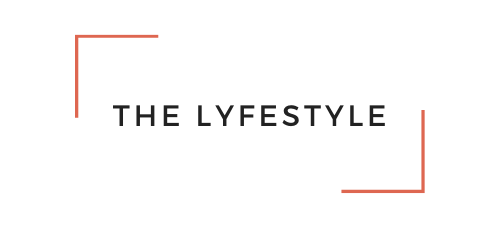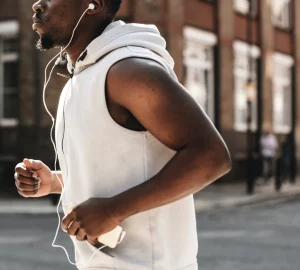In today’s fast-paced world, we often find ourselves juggling multiple tasks, leaving us feeling tired and drained. Napping, also known as power napping, is a popular way to recharge and improve overall productivity. Not only does it improve our cognitive abilities, but it also has numerous other health benefits. In this article, we will explore the benefits of taking a nap and how it can help you lead a healthier life.
Napping can be healthy for many people. A nap can provide a quick burst of energy and can help improve cognitive function, productivity, memory, and mood. Additionally, napping has been shown to have physical health benefits such as lowering blood pressure, reducing inflammation, and improving cardiovascular health. However, it’s important to note that napping may not be suitable for everyone, especially those with sleep disorders or certain medical conditions. It’s also important to keep naps to a reasonable duration, typically around 20-30 minutes, to avoid disrupting your sleep schedule. Overall, if done in moderation and at the right time, the benefits of taking a nap can be a healthy way to recharge and improve overall wellbeing.
While napping is generally considered to be a healthy way to recharge and improve productivity, it can also be a sign of underlying health problems in some cases. For example, excessive daytime sleepiness and an increased need for napping can be symptoms of sleep disorders such as sleep apnea or narcolepsy. These conditions can disrupt the quality and quantity of nighttime sleep, leading to excessive daytime fatigue and sleepiness. Napping can also be a sign of depression, anxiety, or other mental health conditions.
In addition, some medications or medical conditions may cause excessive daytime sleepiness, which can lead to increased napping. For example, medications that cause drowsiness as a side effect or medical conditions such as hypothyroidism or chronic fatigue syndrome can contribute to daytime fatigue and sleepiness.
If you find yourself needing to nap frequently or feel excessively tired during the day despite getting adequate nighttime sleep, it’s important to talk to your healthcare provider. They can help determine if there are underlying health problems contributing to your excessive sleepiness and provide appropriate treatment.
1. Increased Alertness and Productivity
When we feel tired, it’s difficult to stay focused and productive. A quick 20-30 minute nap can help us feel refreshed and re-energized. It’s been proven that napping increases alertness, enhances performance, and improves reaction time. This makes it a great tool for students, professionals, and anyone who needs to be productive during the day.
2. Improved Memory and Learning
Napping can help consolidate memories, leading to improved learning and retention. It’s also been shown to enhance creativity and problem-solving skills. The benefits of taking a nap can help you clear your mind and allow your brain to process and retain information more effectively.
3. Reduced Stress and Anxiety
When we are sleep-deprived, our stress levels increase, leading to feelings of anxiety and irritability. Napping can help reduce stress and promote relaxation, leading to a calmer and more focused mind. It’s a great way to take a break from the hustle and bustle of everyday life and recharge.
4. Improved Physical Health
Napping has been shown to have numerous physical health benefits. It can help lower blood pressure, reduce inflammation, and improve cardiovascular health. It’s also been linked to a lower risk of diabetes, obesity, and other chronic diseases. Napping can help boost your immune system, leading to better overall health and wellbeing.
5. Increased Happiness and Wellbeing
Napping can improve mood and lead to increased happiness and wellbeing. It’s a simple way to take care of yourself and prioritize your mental and physical health. A quick nap can be a great way to boost your mood and help you feel more positive and motivated.
In conclusion, the benefits of taking a nap is a simple and effective way to boost productivity, improve cognitive abilities, and promote overall health and wellbeing. With numerous benefits, it’s worth considering adding a quick nap to your daily routine. Whether you’re a student, professional, or simply looking to improve your mental and physical health, a nap can make a world of difference. So, why not give it a try and see the benefits for yourself?









